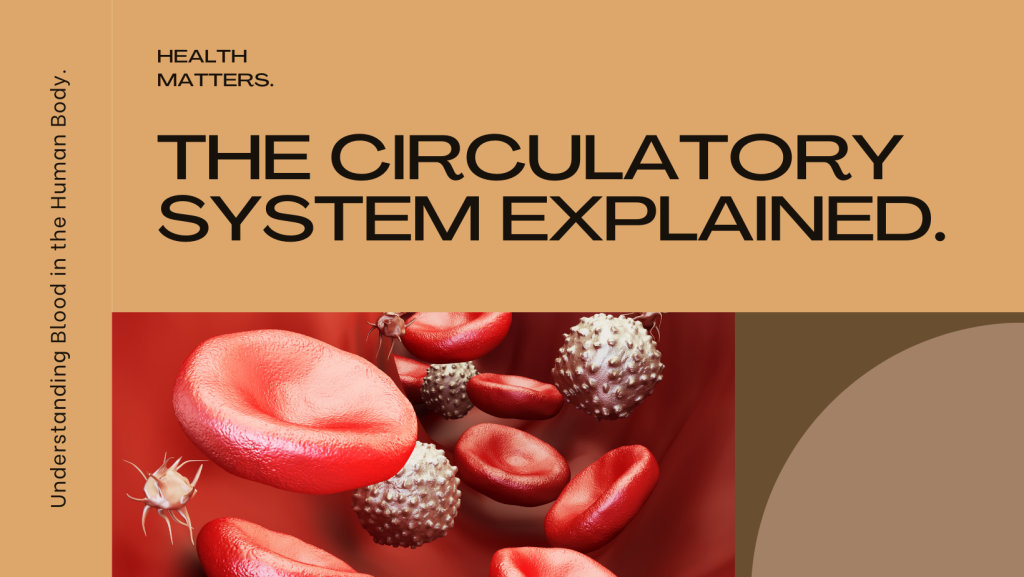Blood, often referred to as the lifeline of the body, plays a crucial role in maintaining overall health and well-being. This comprehensive guide aims to provide an understanding of blood and its various functions within the body.
First and foremost, blood is a specialized bodily fluid that circulates through the cardiovascular system, delivering essential nutrients, oxygen, and hormones to cells and tissues while removing waste products and carbon dioxide. Composed of red blood cells, white blood cells, platelets, and plasma, blood serves multiple vital functions that are essential for survival.
One of the primary functions of blood is oxygen transport. Red blood cells, also known as erythrocytes, contain hemoglobin, a protein that binds to oxygen molecules in the lungs and carries them to tissues throughout the body. This oxygenation process is essential for cellular respiration, the metabolic process that produces energy for cellular activities.
Additionally, blood plays a critical role in immune defense and infection prevention. White blood cells, or leukocytes, are the body’s primary defense against pathogens such as bacteria, viruses, and other foreign invaders. These cells work together to identify and neutralize harmful substances, thereby protecting the body from infection and disease.
Furthermore, blood is involved in the regulation of body temperature and pH balance. Through the circulation of heat and the buffering of acids and bases, blood helps maintain the body’s internal environment within a narrow range conducive to optimal cellular function.
Moreover, blood plays a vital role in hemostasis, the process of blood clotting that prevents excessive bleeding following injury or trauma. Platelets, also known as thrombocytes, help form blood clots by aggregating at the site of injury and releasing clotting factors that promote the formation of a stable clot.
In conclusion, blood is a complex and multifaceted substance that performs a wide range of essential functions within the body. From oxygen transport and immune defense to temperature regulation and hemostasis, the role of blood in maintaining overall health and well-being cannot be overstated. By understanding the functions and components of blood, individuals can gain insight into the intricacies of their own physiology and appreciate the remarkable complexity of the human body.




